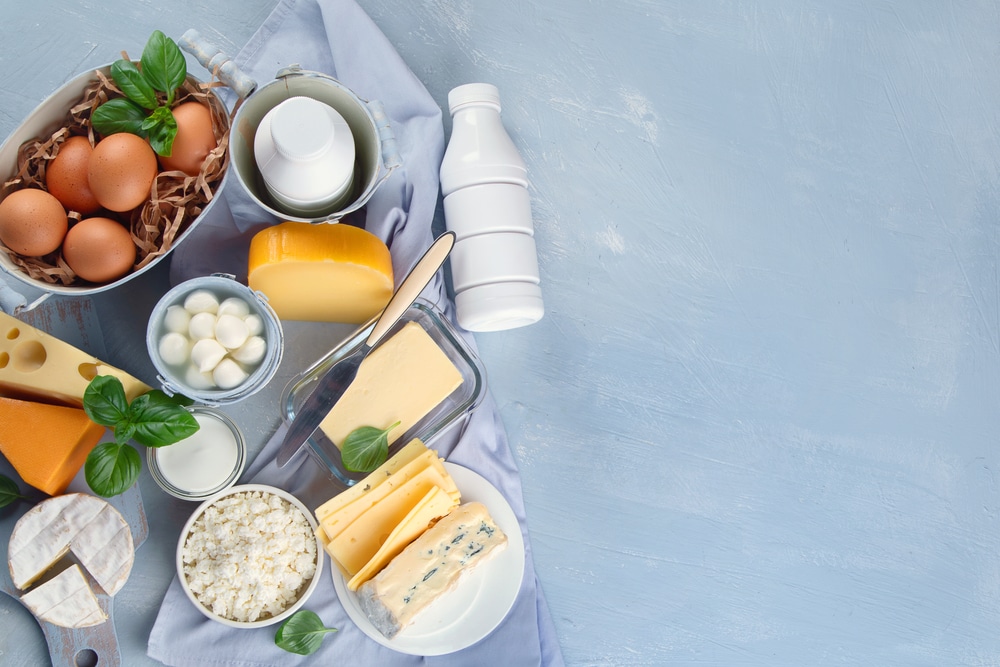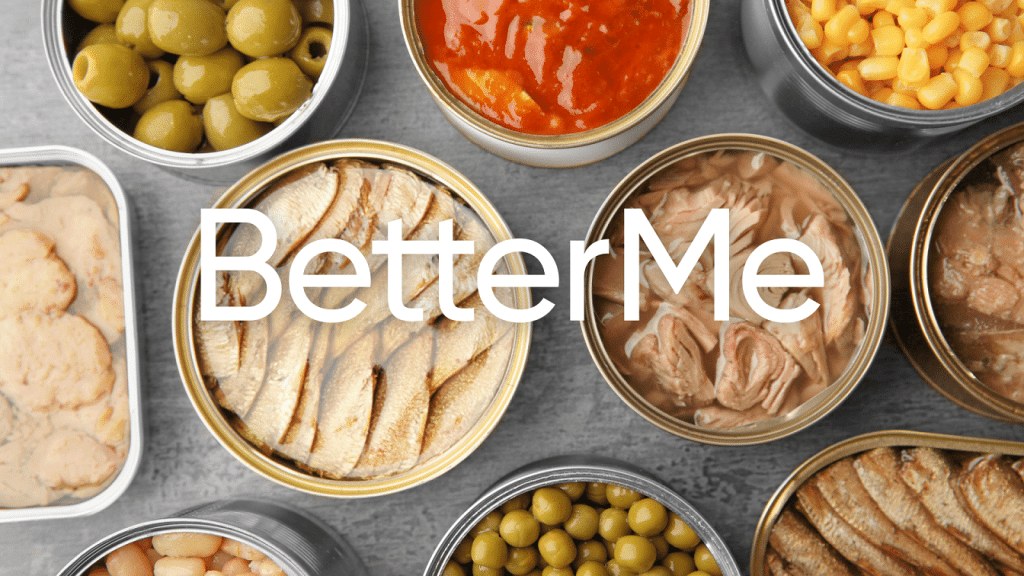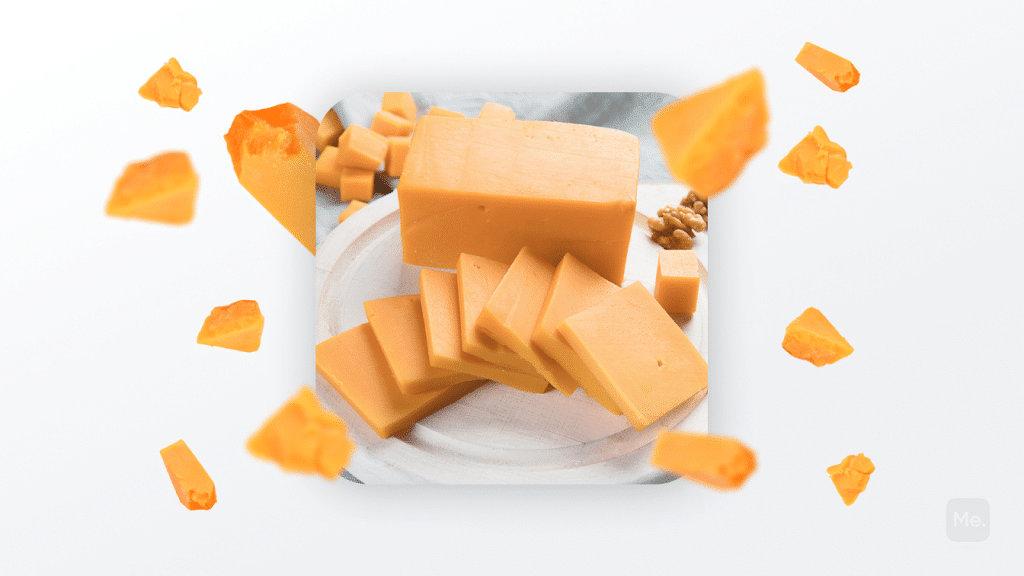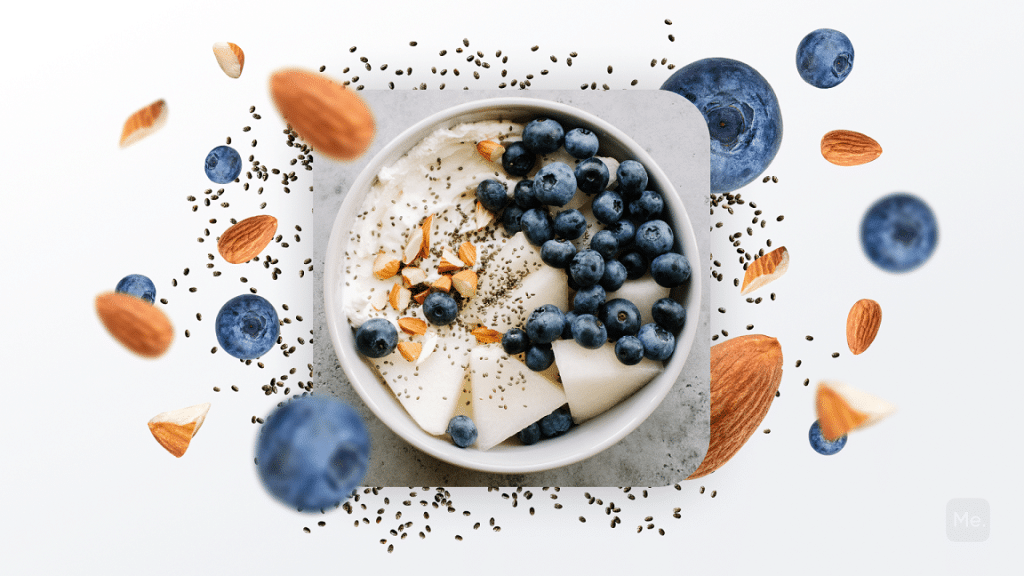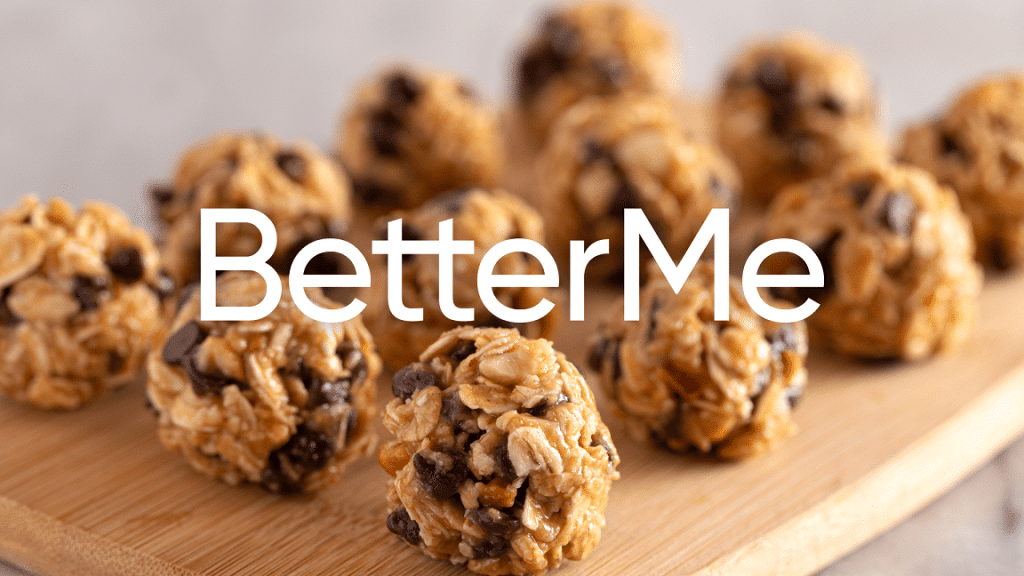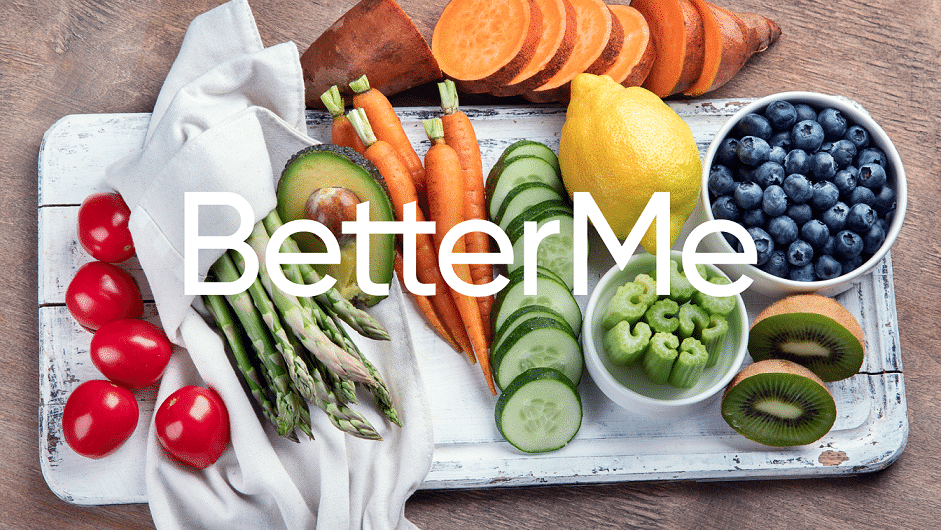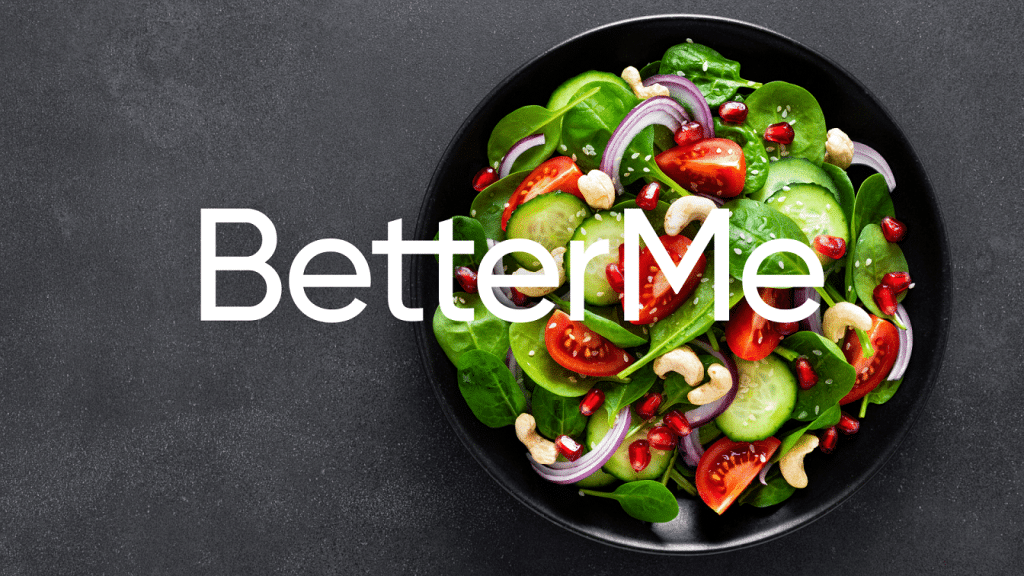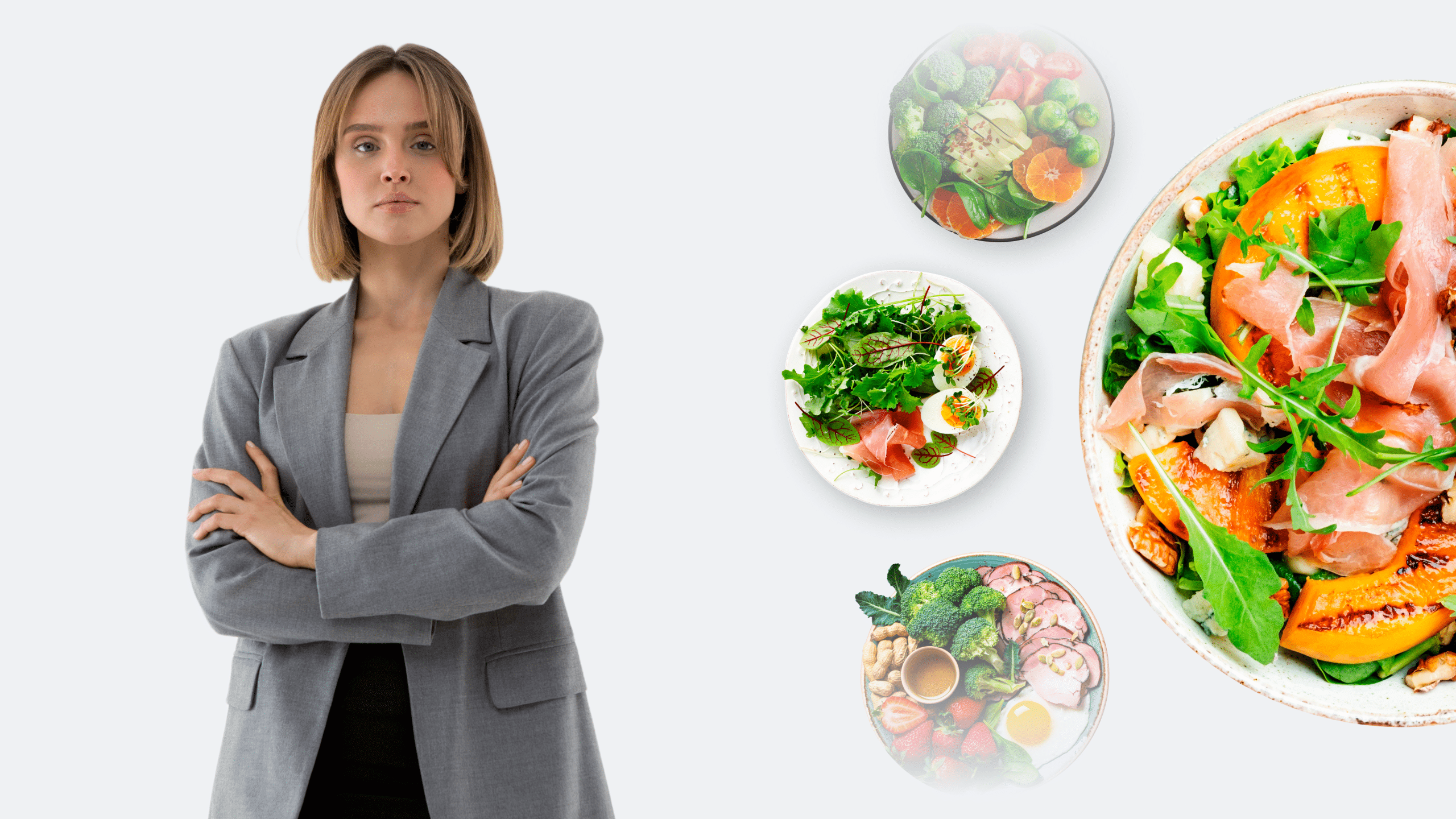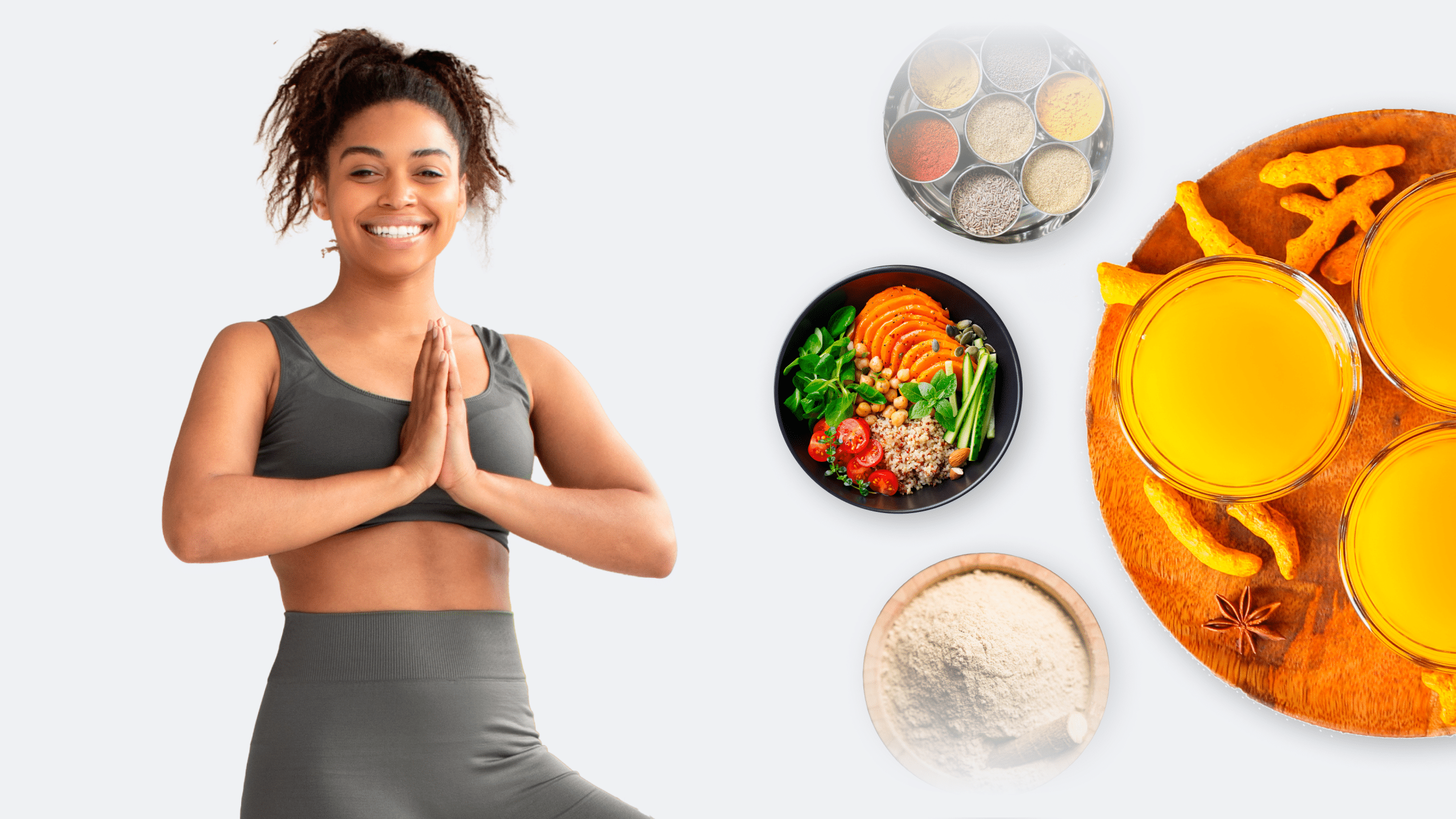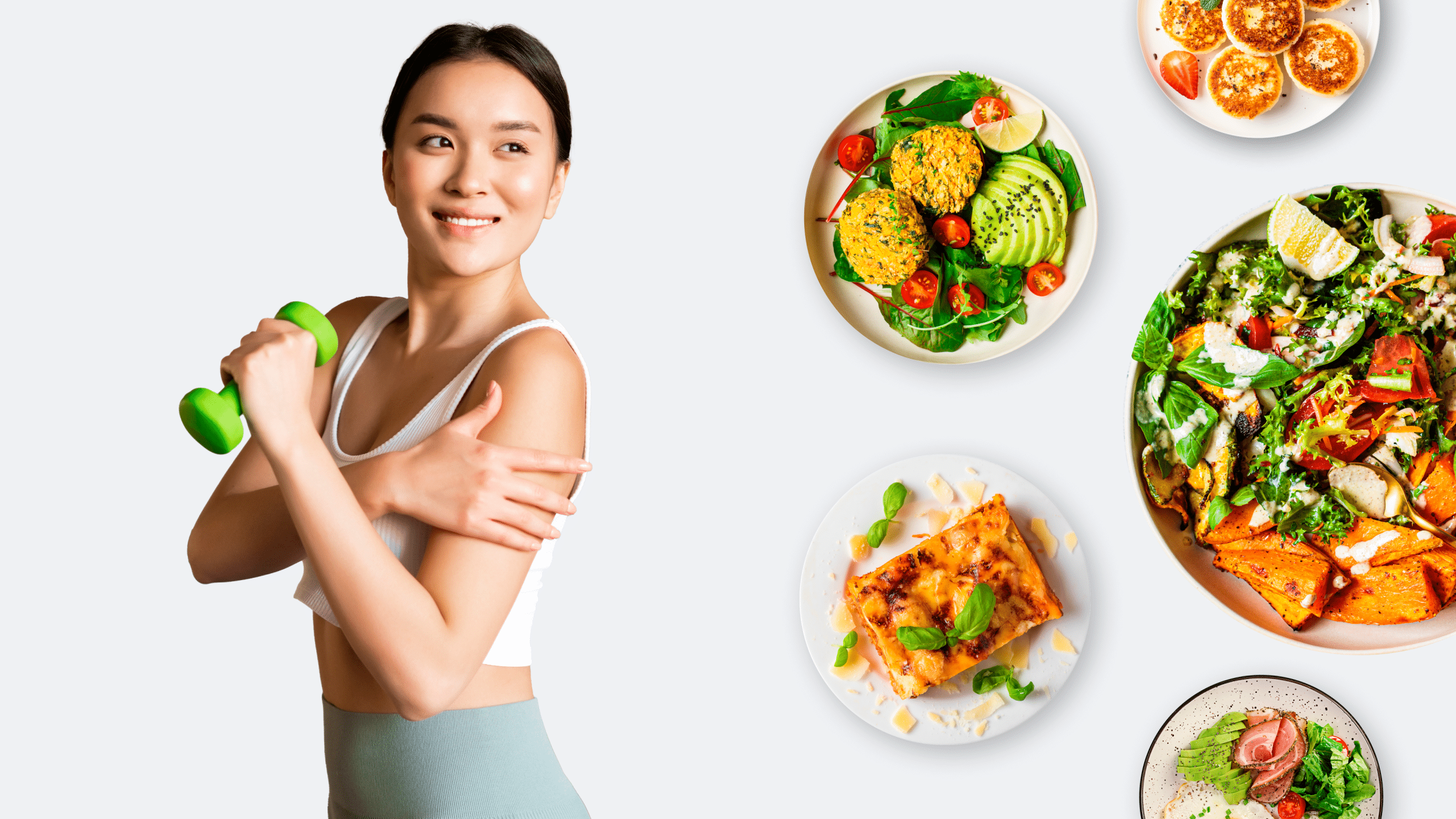The foods you eat while pregnant can have a significant impact on both you and your baby. During pregnancy, calcium is needed for the development of your baby’s bones and teeth. Furthermore, if you don’t get enough calcium while you’re pregnant, it can affect your bone health for the rest of your life. You may already know calcium as an essential component of dairy products, such as milk and cheese. However, there are many other good sources of calcium that you can add to your diet. In this article, we’ll talk about what a calcium-rich diet entails and how you can implement a healthy amount of calcium into your daily routine.
What Is Calcium?
Calcium is a mineral that occurs naturally in some foods, is added to others, and is available as a dietary supplement. It’s found throughout the body – mainly in bones and teeth – where it helps with their strength and structure (3).
Calcium is an essential mineral that humans need in relatively large amounts to maintain good health. To meet the current Recommended Dietary Allowance (RDA) of calcium, women ages 18 to 50 (including pregnant and lactating women) and men ages 18 to 70 need 1,000 milligrams (mg) of calcium (3). This equals two to four servings of calcium-rich foods, like dairy foods and beverages fortified with calcium.
When you don’t get enough calcium through your diet, your body will begin to take the calcium away from your bones to make sure that you have enough of it to keep functioning properly.
If you don’t get enough calcium in your diet, you may begin to experience symptoms later in life, such as osteoporosis (literally “porous bones” in Greek), which causes bones to become thin and brittle. If osteoporosis is left untreated, it may lead to an increased risk of bone fracture.
A calcium-rich diet can help you prevent these types of symptoms by maintaining the amount of calcium in your bones at appropriate levels, thereby potentially decreasing the risk of osteoporosis (12). Vitamin D and exercise are also important for building strong bones along with calcium.
What Are The Benefits Of A Calcium-Rich Diet?
Aside from building strong bones, calcium-rich foods can provide other benefits that relate to your health and body.
Here are the most important functions of this mineral:
1. Helps With Muscle Function
Calcium’s role in muscle contraction is one of the most important of all its functions. For example, calcium plays a crucial role in the following muscle activities (17), such as:
- Pumping of the heart
- Contraction of blood vessels
- Contraction of intestinal muscles
- Relaxation of skeletal muscles
- Blinking and breathing, which also require calcium to properly work
2. Helps With Blood Clotting
Calcium also helps the blood clot, which is crucial for proper wound healing and stopping excessive bleeding in case of an injury (13).
Read More: Collagen Rich Foods For Vegetarians: The Ultimate Guide To Boosting Skin And Joint Health
3. Helps Turn On And Off Some Genes
Cell growth, as well as cell differentiation (the transformation of a cell into one that has specific functions), is crucial for an embryo during the earliest stages of development. Calcium helps turn on and off certain genes, which can affect how cells develop (4).
4. Helps Maintain Proper pH Levels
Calcium also plays an important role in maintaining proper pH (acid-base balance) in the blood and tissues, which is essential for keeping good health (1).
Should You Increase Your Calcium Intake During Pregnancy?
Are you planning to become pregnant and wondering whether you should increase your calcium intake?
The American College of Obstetricians and Gynecologists (ACOG) recommends that pregnant and breastfeeding moms, aged 19 and over, consume 1,000 mg of calcium every day, which is about the same as the RDA for non-pregnant women (9).
So, if you’ve been getting sufficient calcium before your pregnancy, it is unlikely that you will need to increase your intake. However, if you weren’t consuming enough calcium before becoming pregnant, you may need to increase this mineral in your diet, ideally before conceiving.
If you struggle to even flirt with the idea of giving up your favorite foods or working out till your legs give way – BetterMe app is here to breathe a fresh perspective into the way you view the weight loss process! Check out the app and experience the fun side of fitness and dieting with BetterMe!
Calcium-Rich Foods List For Pregnant Women
Now that you understand a bit more about calcium and why it’s so beneficial, let’s take a look at some good sources of this mineral. Although dairy products are definitely among the best dietary sources to include in your diet, there are other options that you should consider as well.
Some of these products are:
1. Dairy Products
Milk, cheese, and yogurt are a few examples of dairy products that offer calcium to your diet. If you enjoy these kinds of foods, you have nothing to worry about. It can really help to include at least one serving of dairy if you are trying to hit your target of 1,000 mg of calcium per day.
2. Kale
Kale is a type of green leafy vegetable that’s high in calcium and contains vitamin C, which makes it easier for your body to absorb this mineral. It is also rich in fiber, which can help prevent constipation, a common side-effect of pregnancy.
3. Beans
Black beans, pinto beans, and dried peas are all examples of beans you can consume to get more calcium in your diet. For calcium to be absorbed by your body from these legumes, they should be eaten with a food that’s high in vitamin C (such as oranges or green peppers). Vitamin C may help your body absorb calcium better (11).
4. Nuts And Seeds
These are some good sources of calcium that you can add to your diet during pregnancy. A small handful of these foods daily as a snack will help you get the calcium your body needs.
Some calcium-rich nuts and seeds include almonds, sunflower seeds, sesame seeds, and flaxseeds.
5. Figs
Figs are especially high in calcium when they’re dried. When you eat them in this form, your body will be able to absorb most of the minerals from these fruits with ease. If you don’t like eating figs, dried figs can be made into smoothies or pies. Consuming one of these foods once a day will help get you the calcium your body needs when pregnant.
Read More: Foods To Improve Gut Health, And Those To Avoid
6. Tofu
Tofu is another food that can be considered a great source of calcium. This soybean-based food contains not only minerals but also vitamin D, which is also beneficial for your body during pregnancy (19). Consuming tofu regularly will help provide you with enough calcium to meet the daily requirements of someone pregnant.
7. Calcium-Fortified Foods
Instead of eating naturally calcium-rich foods, you can also opt to consume some foods that are fortified with this mineral. Since most people don’t get enough calcium in their diet, manufacturers have started adding it to more products on the market so you can easily achieve your daily intake without having to eat many servings of high calcium foods. A common example is fortified orange juice.
8. Citrus Fruits
Citrus fruits like oranges, grapefruits, and limes are not only loaded with vitamin C but also calcium (7). Because of this, you can use these fruits to get more calcium in your diet when pregnant. Juice is okay, but a serving is only 4 ounces because it is so high in sugar. If you can eat the whole fruit instead, that is ideal.
9. Sardines
Sardines are among the healthiest types of fish you can eat when pregnant. This is because they’re high in protein, calcium, vitamin D, and omega-3 fatty acids, all of which support a healthy pregnancy (16). If you don’t like eating sardines or other types of oily fish regularly, you can also opt for fish oil supplements to make sure your body gets enough omega-3s when pregnant.
10. Salmon
Salmon is one of the most popular types of fish you can eat when pregnant. It’s not only a great source of calcium but it also contains omega-3 fatty acids and vitamin D, all of which are important for your baby’s development during pregnancy (10).
11. Broccoli
Broccoli is another vegetable you can eat regularly when pregnant. This food contains both calcium and vitamin C, which will make it easier for your body to absorb this mineral (11). If you don’t like eating broccoli or if it isn’t available during certain times of the year, you can also opt for other green leafy vegetables like kale or Swiss chard, which also contain calcium.
Whether you’re a workout beast or just a beginner making your first foray into the world of fitness and dieting – BetterMe has a lot to offer to both newbies and experts! Install the app and experience the versatility first-hand!
12. Sweet Potatoes
These orange-colored vegetables are a great source of vitamin C and vitamin D, as well as calcium. When you eat them regularly, your body will be able to process the calcium inside them with ease and absorb it more effectively. If you don’t like eating sweet potatoes, you can replace them in your diet with another type of orange-colored vegetable like carrots or butternut squash.
13. Okra
These vegetables are high in fiber and contain calcium, which makes them a great addition to any pregnant woman’s diet.
14. Blackstrap Molasses
Instead of having sugar as a sweetener, you can try using molasses instead. This is because it contains calcium, iron, magnesium, potassium, and other minerals your body needs for a healthy pregnancy (8).
Should You Take A Calcium Supplement?
Calcium often isn’t included in prenatal supplements in significant amounts because it interferes with the absorption of the iron in them. If your OB/Gyn recommends it, you can also opt for calcium supplements to make sure your body gets enough calcium when pregnant. Supplements, however, may not provide you with all the extra nutrients found in naturally calcium-rich foods.
You should consider calcium supplements if you:
- Follow a vegan diet
- Are lactose intolerant
- Consume large amounts of protein or sodium as these cause your body to excrete more calcium
- Have bowel or digestive issues that prevent you from properly absorbing nutrients
- Are receiving long-term treatment with corticosteroids or have asthma
While taking supplements, you should always check the amount of calcium you’re getting compared to your recommended daily intake. Ask your doctor how much calcium supplements you should take to make sure you don’t have too much or too little calcium in your diet when pregnant. You shouldn’t take more than 500 mg at a time, because that is the most your body can absorb at once. You should also take your calcium at a separate time of day from your prenatal vitamin.
How To Optimize Calcium Absorption?
There are several ways to ensure your body is absorbing as much calcium as possible from food and supplements by:
Getting More Vitamin D
Vitamin D is essential for your body to absorb calcium (21). You can ask your doctor about taking a calcium supplement or prenatal vitamin that has vitamin D or eating foods that are high in vitamin D. Some foods that have small amounts of vitamin D include canned salmon with bones and egg yolks. You can also get vitamin D from sun exposure.
Eating More Magnesium And Vitamin K2
Magnesium converts vitamin D into its active form so that it can aid in calcium absorption (15). Vitamin K2 helps your body’s receptors absorb the calcium from food more effectively (20). You can find magnesium in leafy green vegetables like spinach and kale as well as other vegetables, whole grains, soy products, flax seeds, nuts, and seeds. Vitamin K2 can be found in eggs, milk, butter, and cheese.
Being Active
Physical activity is another great way to make sure your body absorbs as much calcium as possible from food and supplements. It causes small amounts of stress on the muscles, which will tell the body to absorb more calcium from food (14). You can do a few minutes of exercise daily or take part in regular physical activity.
The Bottom Line
To have a healthy pregnancy, it is imperative to ensure that you get enough calcium in your diet. By following these tips and examples of calcium-rich foods, you will be doing your best to support your growing baby and yourself as well!
DISCLAIMER:
This article is intended for general informational purposes only and does not address individual circumstances. It is not a substitute for professional advice or help and should not be relied on to make decisions of any kind. Any action you take upon the information presented in this article is strictly at your own risk and responsibility!
SOURCES:
- Acid Balance, Dietary Acid Load, and Bone Effects—A Controversial Subject (2018, mdpi.com)
- Calcium Carbonate – StatPearls – NCBI Bookshelf (2022, ncbi.nlm.nih.gov)
- Calcium – Health Professional Fact Sheet (2021, ods.od.nih.gov)
- Gene discovery and the genetic basis of calcium consumption (2008, sciencedirect.com)
- Health Benefits of Nut Consumption (2010, mdpi.com)
- Maternal Dietary Patterns and Pregnancy Outcome (2016, mdpi.com)
- Mineral Content of the Pulp and Peel of Various Citrus Fruit Cultivars (2020, link.springer.com)
- Nutrition During Pregnancy, Lactation and Early Childhood and its Implications for Maternal and Long-Term Child Health: The Early Nutrition Project Recommendations (2019, karger.com)
- Nutrition During Pregnancy | ACOG (2020, acog.org)
- Omega-3 Fatty Acids and Pregnancy (2010, ncbi.nlm.nih.gov)
- Osteoporosis, vitamin C intake, and physical activity in Korean adults aged 50 years and over (2016, ncbi.nlm.nih.gov)
- Overview of Calcium – Dietary Reference Intakes for Calcium and Vitamin D – NCBI Bookshelf (2011, ncbi.nlm.nih.gov)
- Overview of the coagulation system (2014, ncbi.nlm.nih.gov)
- Physical activity and exercise affect intestinal calcium absorption: a perspective review (2007, researchgate.net)
- Role of Magnesium in Vitamin D Activation and Function (2018, pubmed.ncbi.nlm.nih.gov)
- Sardines – an overview (n.d., sciencedirect.com)
- Signaling in Muscle Contraction (2015, ncbi.nlm.nih.gov)
- Stopping or reducing dietary fiber intake reduces constipation and its associated symptoms (2012, ncbi.nlm.nih.gov)
- The Role of Vitamin D in Pregnancy and Lactation: Emerging Concepts (2012, journals.sagepub.com)
- The Synergistic Interplay between Vitamins D and K for Bone and Cardiovascular Health: A Narrative Review (2017, hindawi.com)
- Vitamin D and calcium interactions: functional outcomes | The American Journal of Clinical Nutrition (2008, academic.oup.com)
